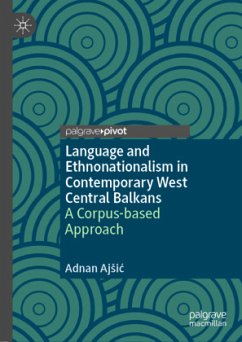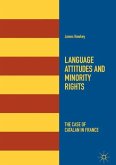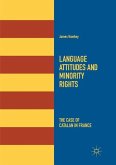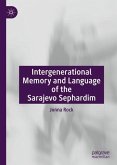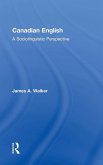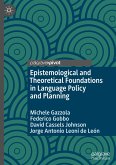This book uses a specialized corpus of public language-related discourse to investigate links between language ideologies and ethnonationalism in contemporary West Central Balkans. Despite a century and a half of shared linguistic history, the nations making up the central part of former Yugoslavia continue to debate the ownership over the common language, creating much animosity, some legal issues, and often absurd circumstances. At the heart of the ongoing language debate over Central South Slavic is the belief in language as the cornerstone of ethnonational identity and the legitimacy of ethnic groups' claims to sovereignty. Given a history of conflict and the recent resurgence in extreme ethnonationalism, an understanding of ethnolinguistic contestation in the region is as important as ever. This book will be of interest to social scientists working in fields as diverse as (applied) linguistics, anthropology, media studies, political science, sociology and history, as well as other scholars with an interest in language and society.
"The book offers insightful ideas regarding the interactions between language and ideology, particularly the discursive-ideological complex of regional ethnonationalism. Therefore, it can be a valuable reference for students, scholars, and researchers engaged in critical discourse studies, corpus linguistics, and language politics." (Zhonghua Wu and Le Cheng, Journal of Language and Politics, Vol. 21 (4), 2022)

